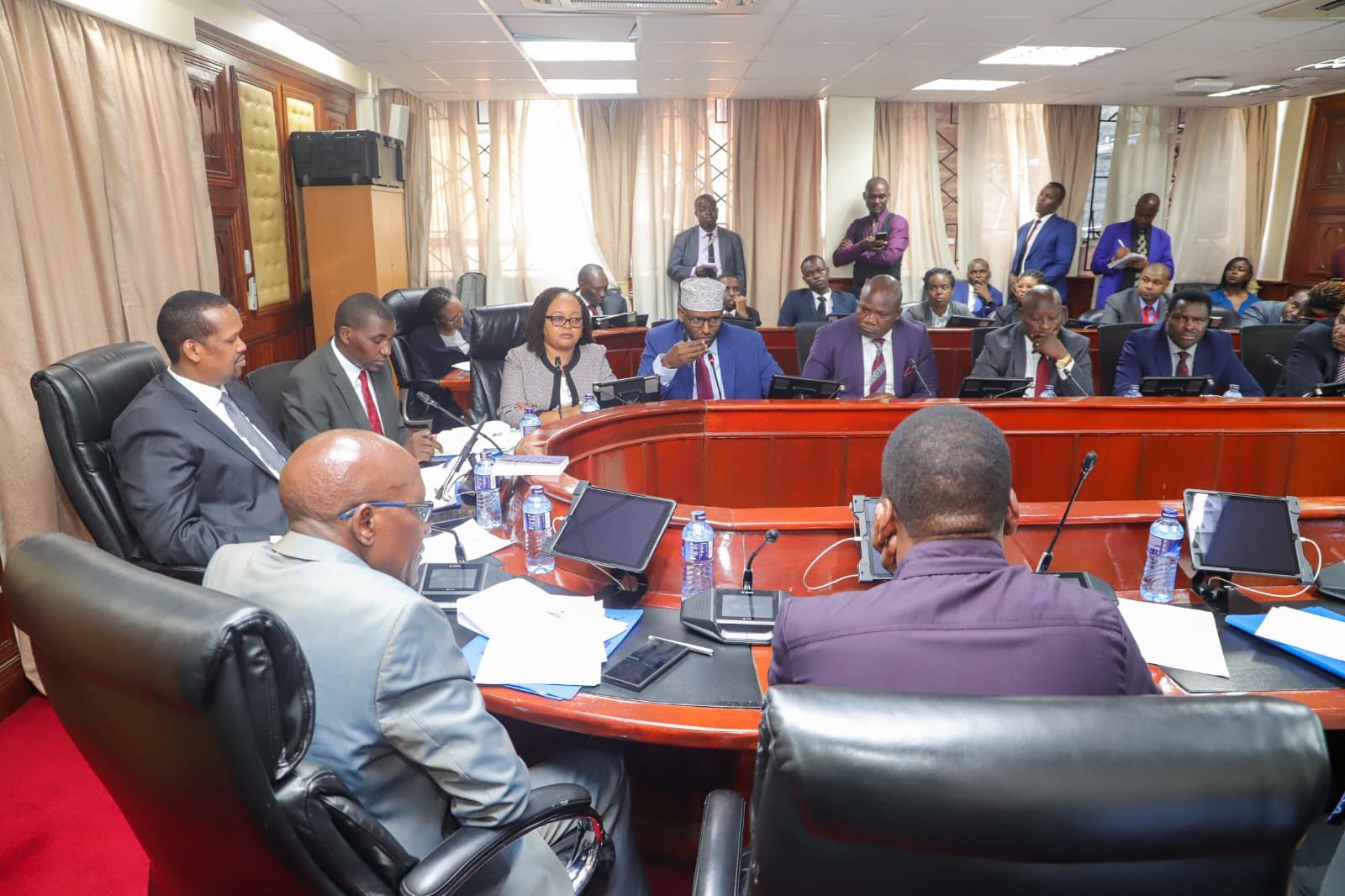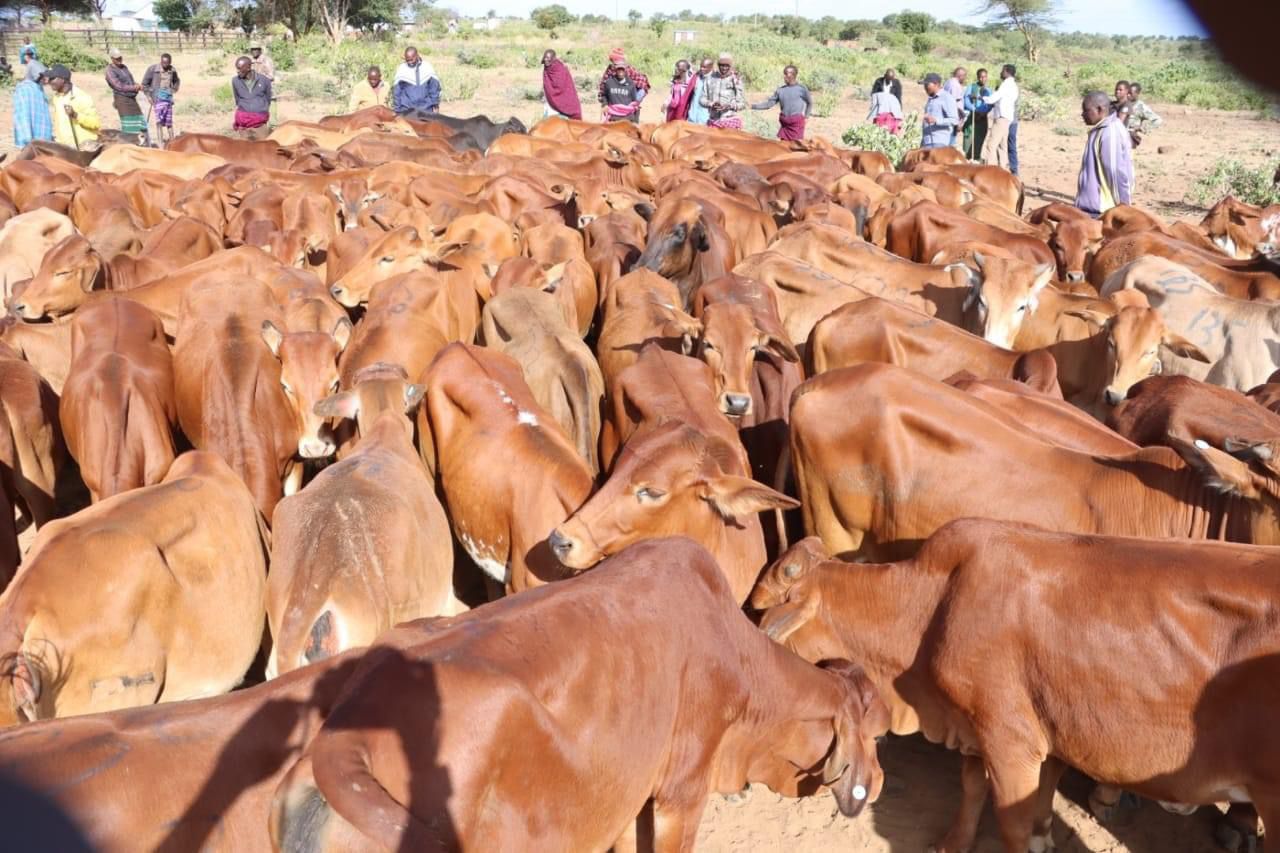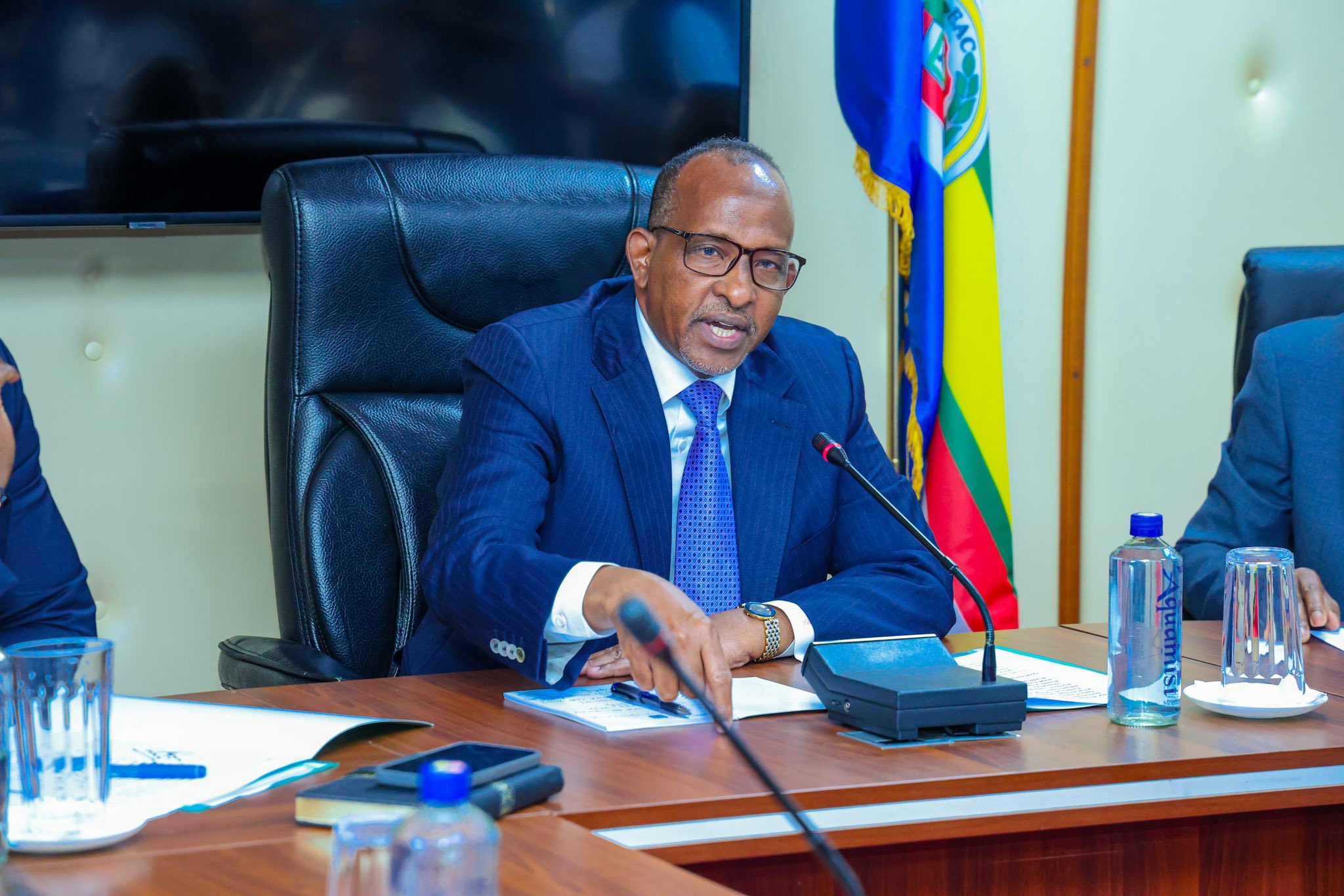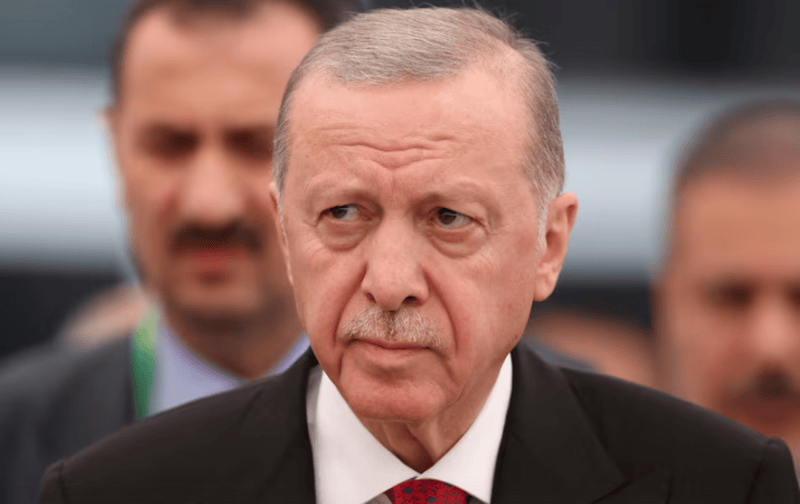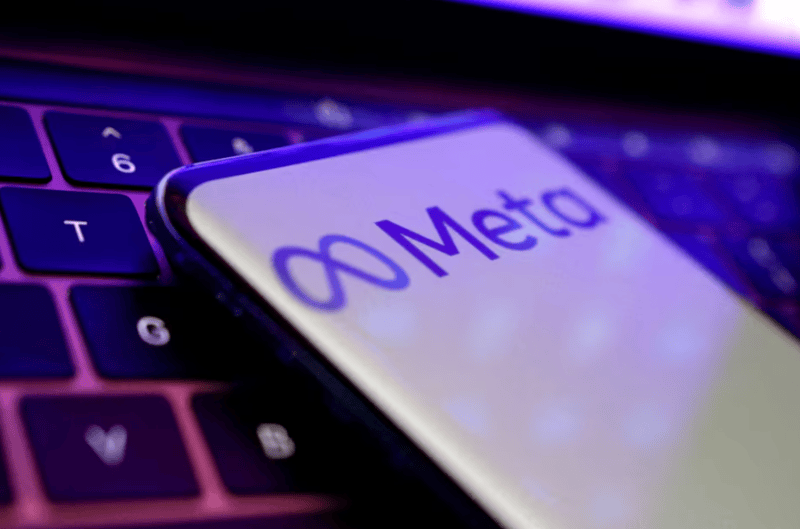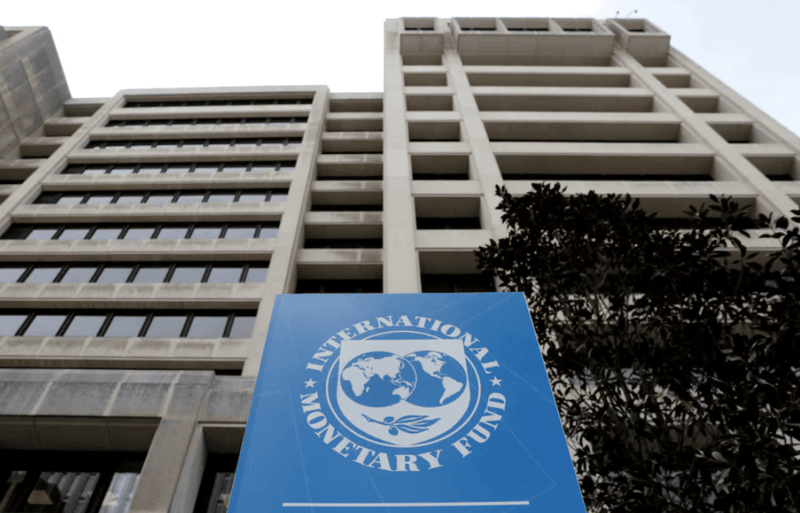Ethiopia's dollar auction concludes with birr trading at 107.9 per USD
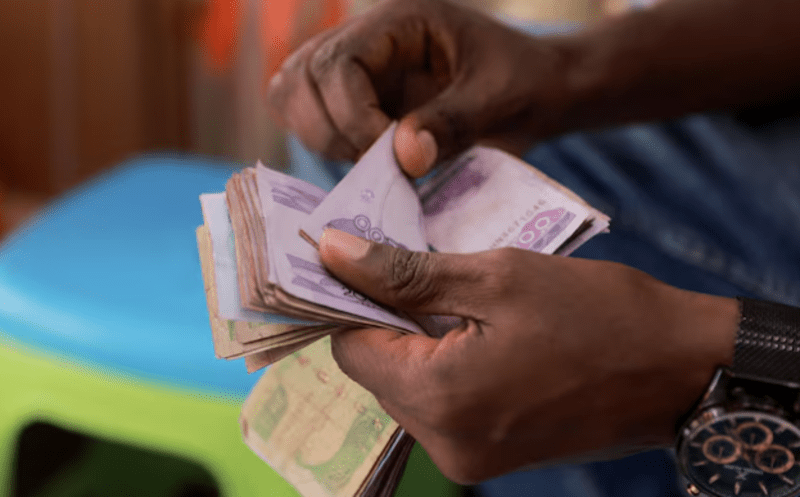
By Erick Kariuki |
The statement noted that the weighted average rate of all successful bids was birr 107.9 per USD.
The National Bank of Ethiopia (NBE), has concluded the dollar auction, with the birr (Ethiopia`s national currency), valued at 107.9 per US dollar.
A total of 27 banks took part in this auction, as per the statement released on August 7, 2024, by the NBE.
Keep reading
- Government extends controversial G-to-G oil deal, citing stabilisation of shilling
- Ghana will not quit IMF deal but wants changes, says president-elect John Mahama
- Details of agreement between Ethiopia and Somalia brokered by Turkey
- Turkiye brokers deal between Somalia and Ethiopia diffusing tensions
The statement noted that the weighted average rate of all successful bids was birr 107.9 per USD.
As per the NBE's daily practice of updating exchange rates based on foreign exchange market activity in the banking system, transactions conducted today will be reflected in the indicative daily exchange rate.
This updated rate will be posted tomorrow, August 8, 2024.
NBE Governor Mamo Mihretu noted that the auction aligns with the macroeconomic reforms aimed at stabilising the exchange rate and shifting FX transaction activity to the banking system.
“We are pleased to see a substantial narrowing of the gap between bank exchange rates and parallel market rates over the past week, as well as meaningful progress towards exchange rate stability,” he noted.
The Governor noted that the macroeconomic reforms were intended to ensure that most FX transaction activity could shift to the banking system, thereby helping both exporters bringing in foreign exchange and the many companies and entrepreneurs seeking foreign exchange.
“This is precisely what our macroeconomic reforms are intended to achieve, namely to ensure that most FX transaction activity can shift to the banking system, thereby helping both exporters bringing in foreign exchange as well as the many companies and entrepreneurs seeking foreign exchange,” Mamo added.
The governor also welcomed the encouraging growth seen in the volume of FX transactions.
“We are also pleased to see a growing number of banks making foreign exchange available to their customers by approving past import requests and accepting new import requests; we anticipate and indeed expect more banks will follow this trend over the coming weeks and that they will do so with increasingly larger FX volumes,” he said.
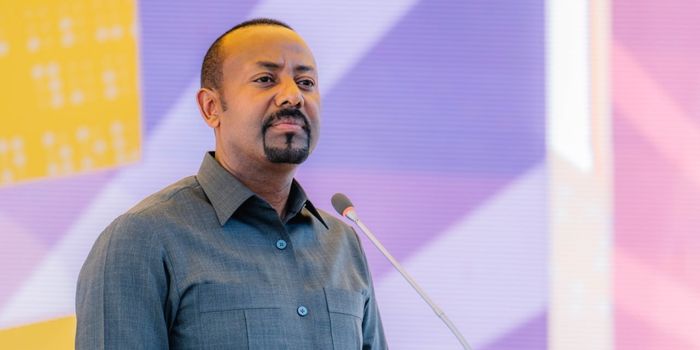 Ethiopian Prime Minister Abiy Ahmed is pictured during the inauguration of the Sheikha Fatima Bint Mubarak School for the Blind in Addis Ababa on May 19, 2024. (Photo: X/Abiy Ahmed)
Ethiopian Prime Minister Abiy Ahmed is pictured during the inauguration of the Sheikha Fatima Bint Mubarak School for the Blind in Addis Ababa on May 19, 2024. (Photo: X/Abiy Ahmed)
The special dollar auction targeted arresting the devaluation of the birr after it plunged around 70 per cent in the wake of foreign exchange liberalisation last week.
Ethiopia adopted a floating exchange rate regime, on Monday, July 29, which led to a sharp depreciation of its currency.
Allowing the birr to float was intentionally set out to curb black markets which were colluding with banks to trade against the dollar at a higher rate parallel to the government, which was grappling with a foreign exchange shortage.
“I don’t believe the exchange rate policy currently followed by the banks ensures proper [currency] unification. We need to reduce the gap between the black market and the official exchange rate. What difference does it make if the black market rate is 130 and the official rate is 70? This needs to be addressed,” Ethiopian Prime Minister Abiy Ahmed stated last week, according to the Addis Standard.
“We need a strategy that reduces the black market rate. The efforts so far are insufficient,” he added.
Abiy also admitted that the cost of living and inflation rates will rise after the change in monetary policy under the Homegrown Economic Reform (HGER) agenda backed by the International Monetary Fund (IMF) and World Bank.
“Will some people be hurt by inflation? Yes. But this isn’t about striking gold or birr; it’s about making tough choices with significant benefits. This wasn’t a decision made lightly. It’s one of the most significant decisions, second only to integrating peripheral national groups into the central government,” PM Abiy explained.
The shift into a foreign exchange market affected by external factors is part of the conditions set by the IMF in its approved four-year Sh442 billion (US$3.4 billion) loan to help Ethiopia restructure its debt, worsened by the government's defaulting payment on its only international government bond last year.
Other conditions included combating inflation through modernising the monetary policy framework, eliminating monetary financing of the budget, reducing financial repression, and removing subsidies to cushion the vulnerable in the long run.
Reader comments
Follow Us and Stay Connected!
We'd love for you to join our community and stay updated with our latest stories and updates. Follow us on our social media channels and be part of the conversation!
Let's stay connected and keep the dialogue going!


